Feb
13
2019
Collaborative Logic Based Retrospectives
Wed (04:00 PM - 05:00 PM)
Summary
Much of the value of our meetups not to learn about the theory of lean / agile product development but to hear from practitioners talk about their experiences putting theory into practice. Much of the value of experienced agile coaches come from their knowledge of what can work when and help an organisation see when something is likely to fail, saving time, disruption and ultimately money.
Both our speakers this month fall squarely under the banner of experienced practitioners and both will be passing on their real world experience. As Peter Drucker said - Management is doing things right; leadership is doing the right things.
Programme
Collaborative Logic Based Retrospectives
Far too often team retrospectives suffer from classic anti patterns, including but not limited to:
1. Unproductive/circular debate
2. Following the ideas of persuasive but incorrect team member
3. Implementing solutions that address symptoms not causes
This talk aims to improve your retrospective effectiveness by introducing thinking tools to combat these anti patterns.
Dear Mr Scrum Master
This talk aims to improve your retrospective effectiveness by introducing thinking tools to combat these anti patterns.
Far too often team retrospectives suffer from classic anti patterns, including but not limited to:
1. Unproductive/circular debate
2. Following the ideas of persuasive but incorrect team member
3. Implementing solutions that address symptoms not causes
We will consider:
- Why does this person view the scrum master role as not important?
- What can I do to change their mind?
- Why is it that you can go from one company to another and have different experiences of what a scrum master is responsible for?
I'll look at the different scrum master types I've experienced whilst working in different organisations and then compare the scrum master role to the Scrum Guide and what it says the role should do.
The session will also cover my personal journey through the process of becoming a professional scrum trainer for scrum.org and how that experience helped me in responding to the email.

Steve Trapps
Steve is an experienced Scrum Master and Professional Scrum Trainer with Scrum.org. Steve started his career as a developer, working for Nestle before moving on to work for Sky build applications & websites for many of the English Premier League football teams. Progressing, Steve moved into senior positions all the time being exposed to Scrum, starting his journey into becoming a Professional Scrum Trainer.





